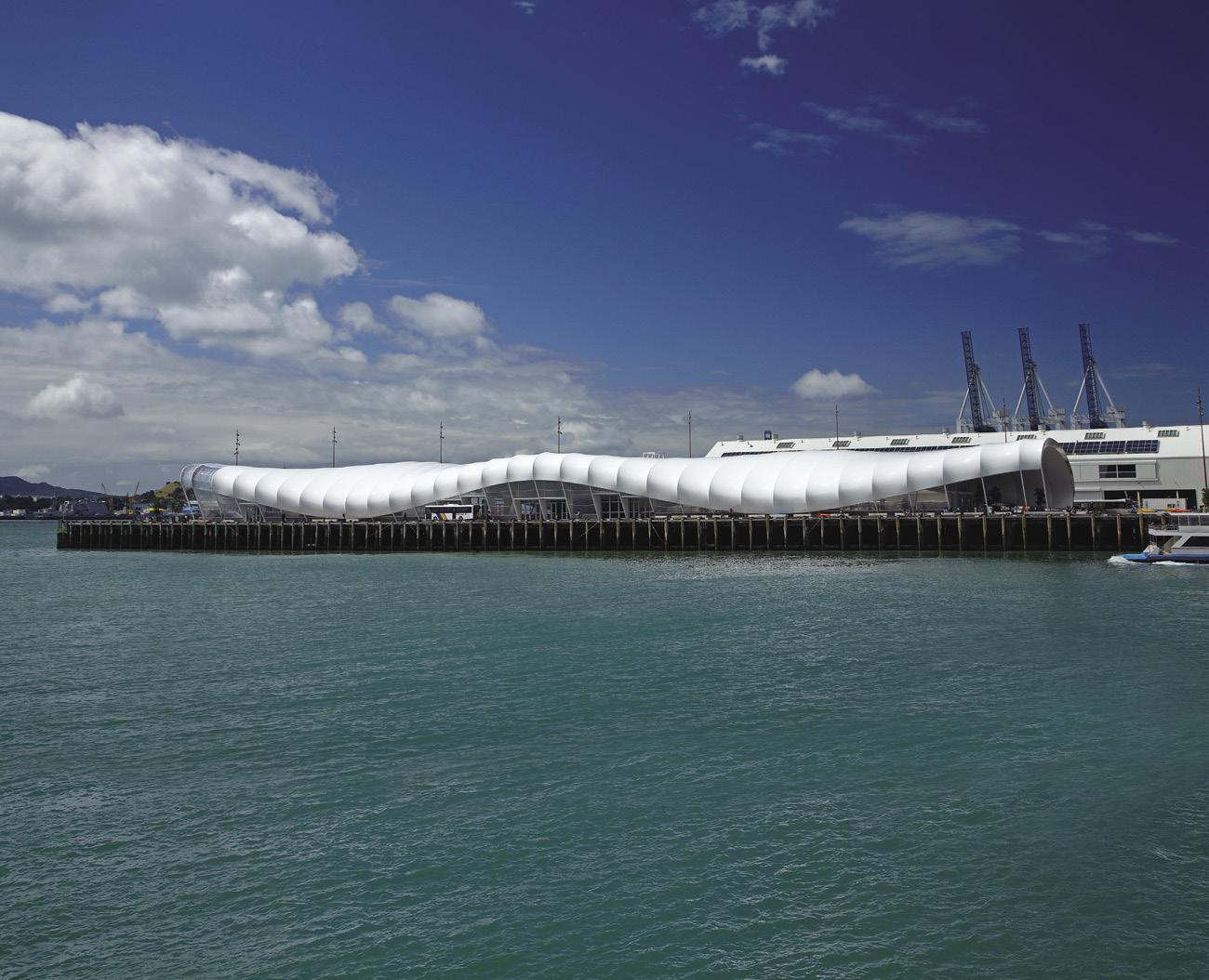
1 minute read
military myths
More than 50,000 veterans needed to be repatriated, and were very anxious about getting home. Shipping them back to New Zealand – and occupying them while they waited sometimes months for transport – was a massive exercise. That demobilisation remains one of his ongoing research interests.
When the Navy advertised for a historian in 2007, Wynd felt the job was made for him. He was hired and had his feet under his new desk in Devonport while still winding up his other life as a student president.
He couldn’t wait to get started with the museum’s collections team and photo archivists, helping fill the many gaps in our First World War history.
Wynd is one of the historians critical of our country’s recording of our part in that war. In stark contrast to the Second World War, which has been the subject of dedicated volumes of history, New Zealand didn’t produce an official history of its participation in the ‘Great War’.
As a result, Wynd says, the history is poorly recorded and misunderstood.
Nobody picked up the challenge of producing an official history of the country’s involvement.
One of the projects he’s worked on at the museum has been maintaining and building a database of New Zealanders sites, graves and battlefields to visit. Rel- the Second World War, he has 60 individuals and their stories now on record. From the First World War, he has just three names.

He spends his days immersed in a subject that most of us only focus on once a year.
“With Anzac Day, everyone has a special day of remembrance. But for me in this job, every day is a day of remembrance.
“I am always thinking and talking about events, ships, and individuals and their stories.”
The job has a lighter and a few myths to be debunked too, when people seek answers from Wynd about their relatives and wartime tales.
“Naturally enough, some of the stories that have been handed down have been embellished on the way,” he says.
Recently he was approached by a family wanting to know more about the overseas service of one of their relatives to round out the stories they’d heard. “I had to tell them that he hadn’t been sent anywhere. He’d spent the whole time in Auckland Harbour.”
He chuckles at one story he has dispelled about a German U-boat that made its way down the east coast in 1945.
It was said to have surfaced off Napier, where the crew had reportedly gone ashore and milked a cow. “A lovely story, but no, they weren’t ashore milking a local cow.”
Nor is the story of the scuttled U-boat off










